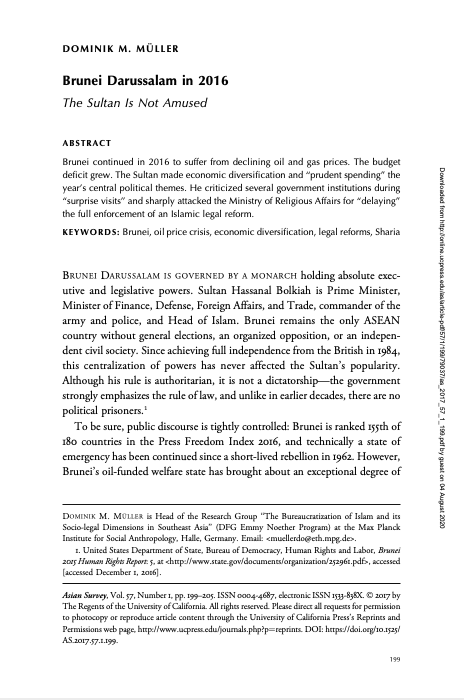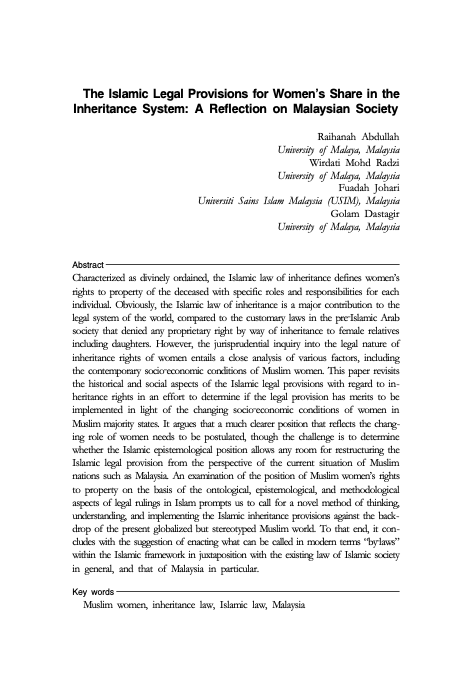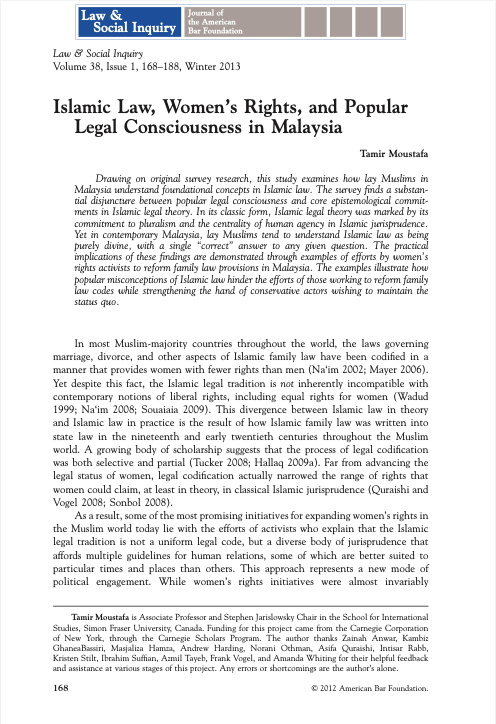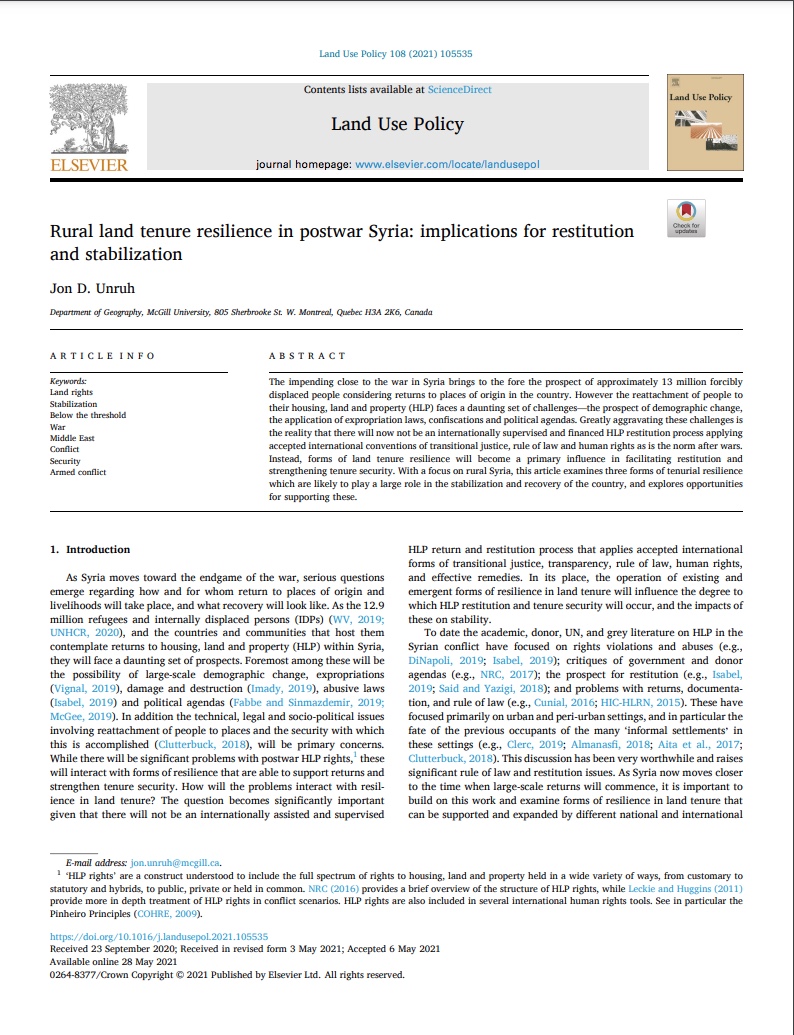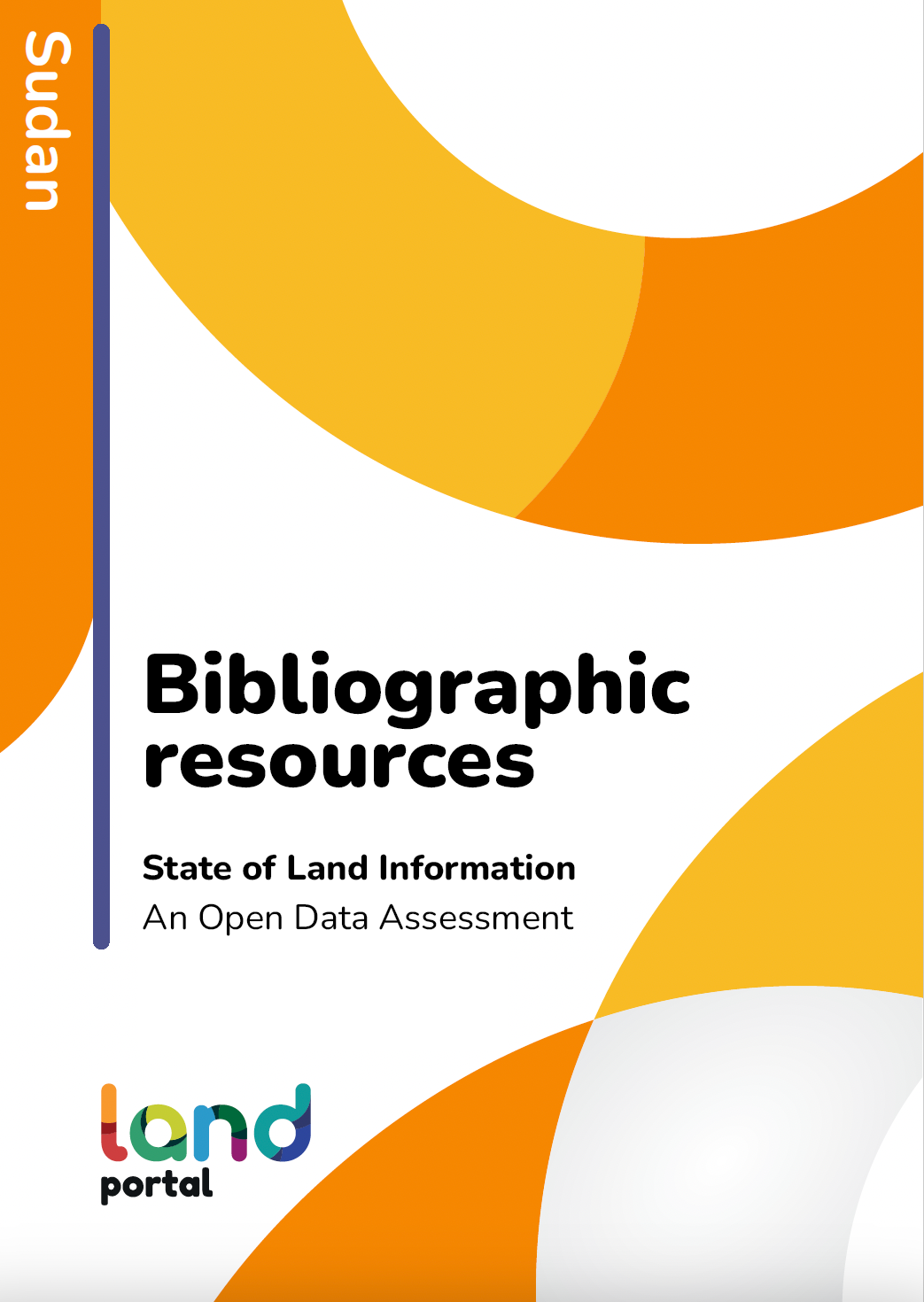TRANSPLANTASI KEPASTIAN DAN PERLINDUNGAN HUKUM DALAM SISTEM PENDAFTARAN HAK ATAS TANAH YANG BERKEADILAN
Legally, the main purpose of land registration is to create legal certainty and ensure the protection of the law. But at the level of its implementation, the legal certainty of land registration is yet to be felt by the community. This means that in fact along our lives are still considered to be no legal certainty of the existence of land registration in this country, because the certificate has not fully guarantee the land rights of a person. This fact needs to be overcome by transplanting certainty and legal protection in the system of registration of land rights with justice.



